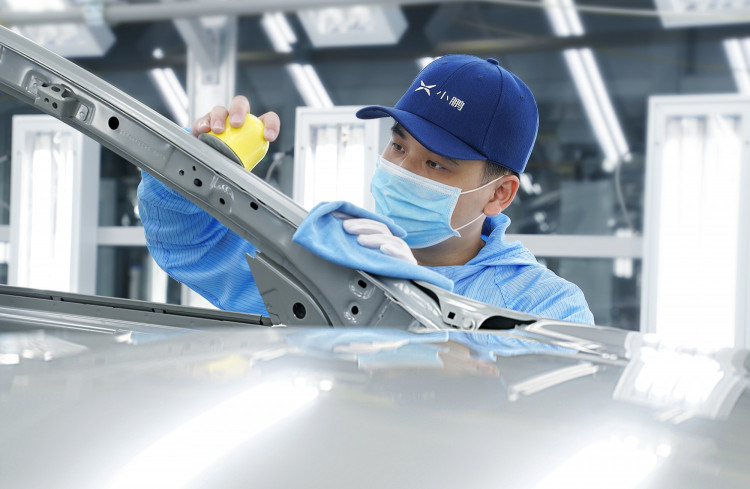China's manufacturing purchasing managers' index (PMI) rose to 51.9 in March, according to data released Wednesday by the National Bureau of Statistics, showing expansion in the manufacturing sector that surpassed analyst expectations.
The country recorded a 50.6 PMI in February and market observers predicted a slight increase to between 51.0 and 51.2 for March, a prediction that was beat on the back of increased post-holiday demand, according to Japanese financial services company Nomura.
Lunar New Year COVID-19 outbreaks in February prompted an "ensuing release of pent-up demand in March thanks to its very successful containment," Nomura wrote in a research note.
A PMI above 50 denotes expansion, while a figure below 50 signifies contraction.
"Both "output prices" and "input prices" rose further in March to 69.4 and 59.8 in March respectively, suggesting inflation pressure, especially on PPI inflation, is on the rise," Nomura chief China economist Ting Lu wrote.
Analysts attribute this to a worldwide rise in commodity prices and stringent local regulations against pollution in China.
Small and medium-sized enterprises led PMI growth this month on the back of loosening social distancing restrictions and a prompt return to business after the Lunar New Year, according to Nomura.
"Today's PMI readings may provide a boost to market sentiment, but may also trigger concerns on tightening," Lu wrote, though reiterated that March's PMI data "won't have a material impact on policy making."
The official non-manufacturing PMI also rose in March to reach 56.3 from 51.4 the month before. Construction saw the largest improvement at 62.3, as improving weather conditions led to a rise in infrastructure and construction activity.
The service industry, which was badly hit by the COVID-19 pandemic, posted further signs of recovery in March with a PMI of 55.2 up from 50.8 in February.
Both manufacturing and non-manufacturing PMIs are expected to moderate in April.






